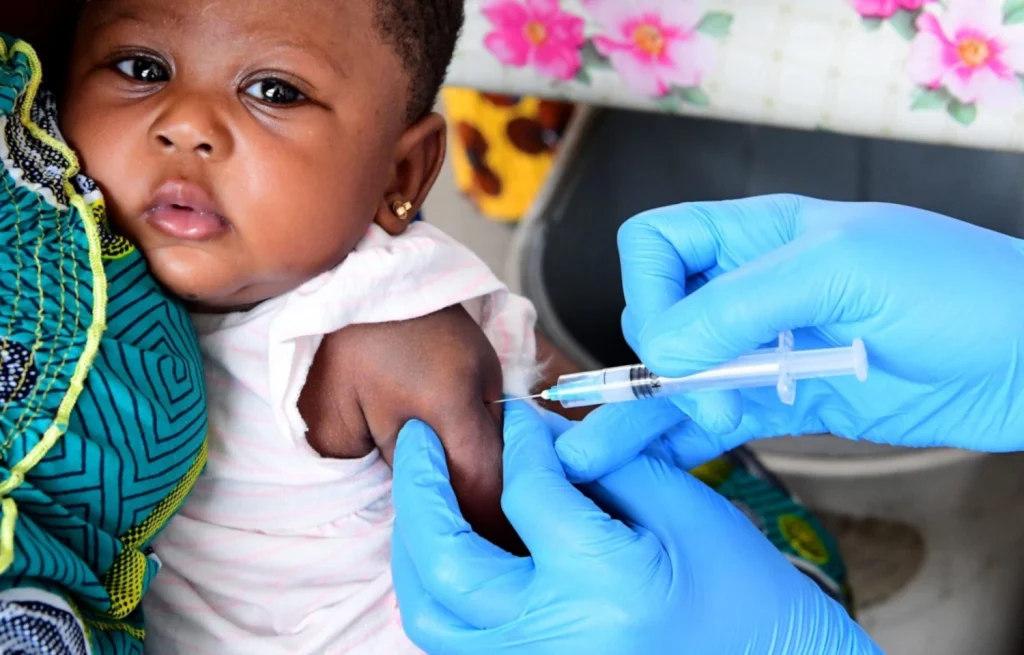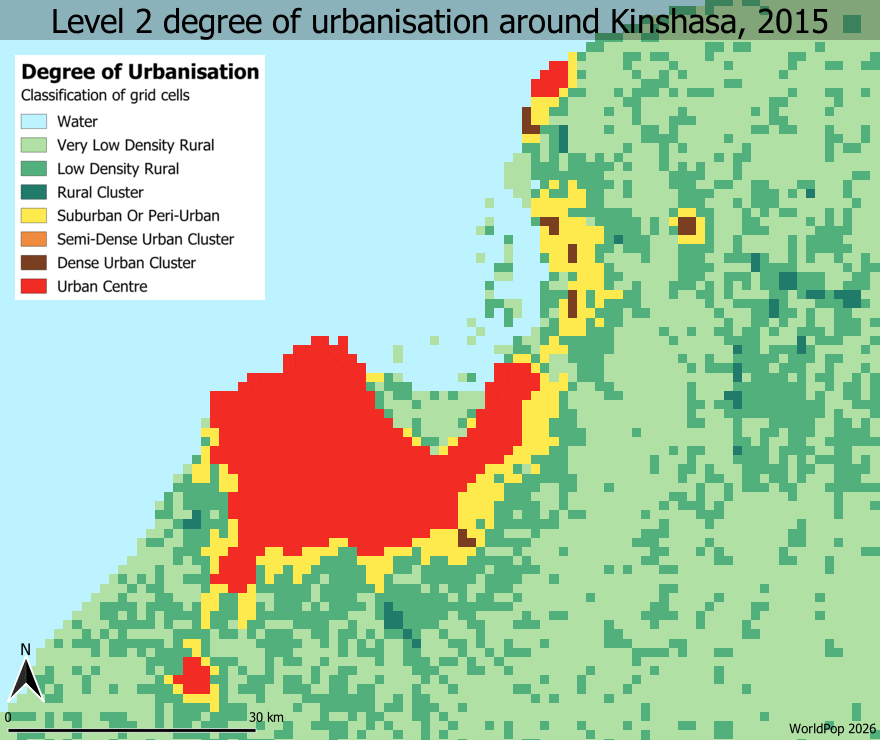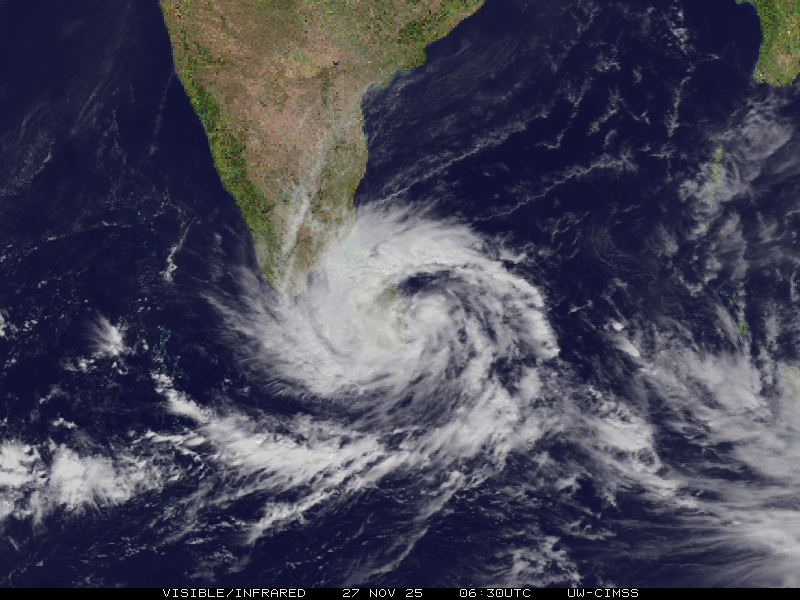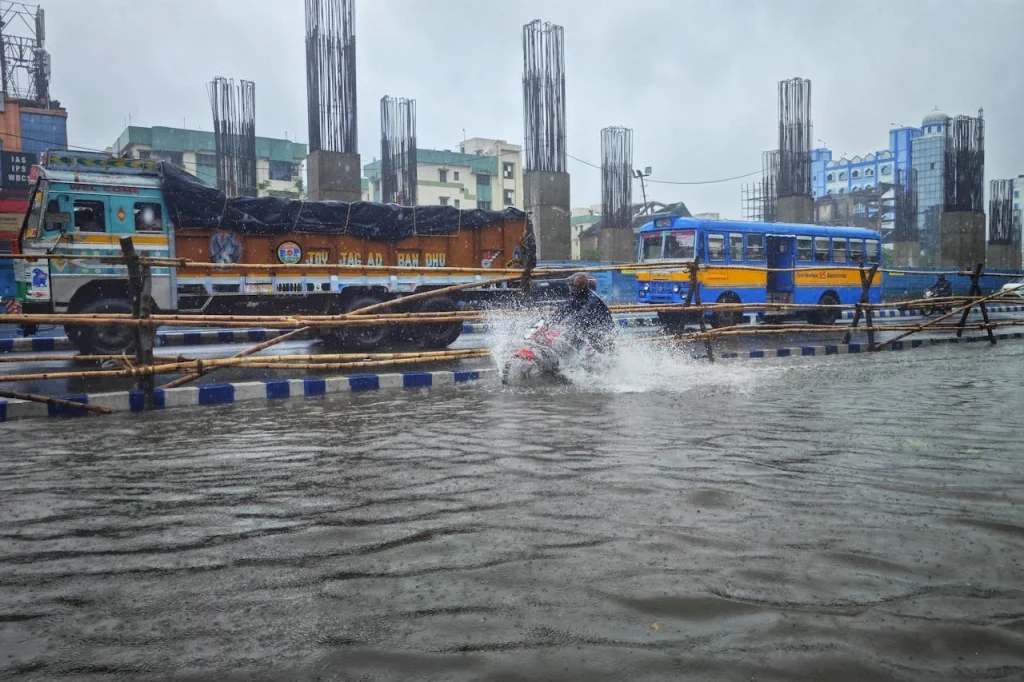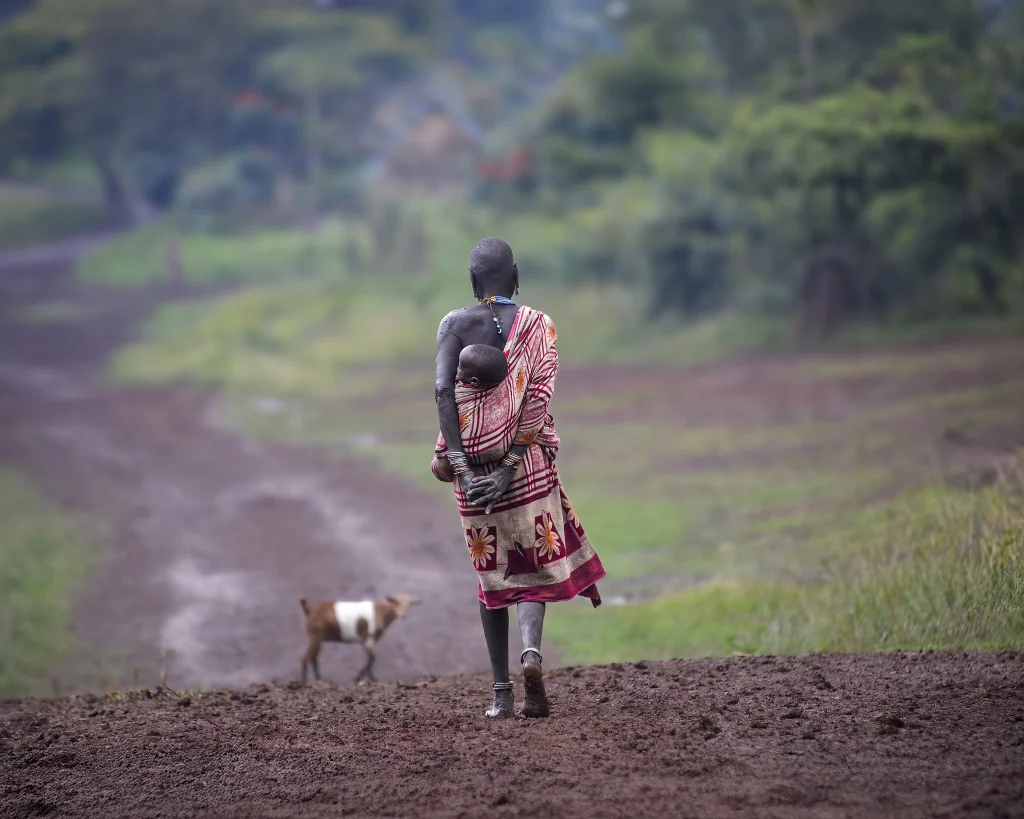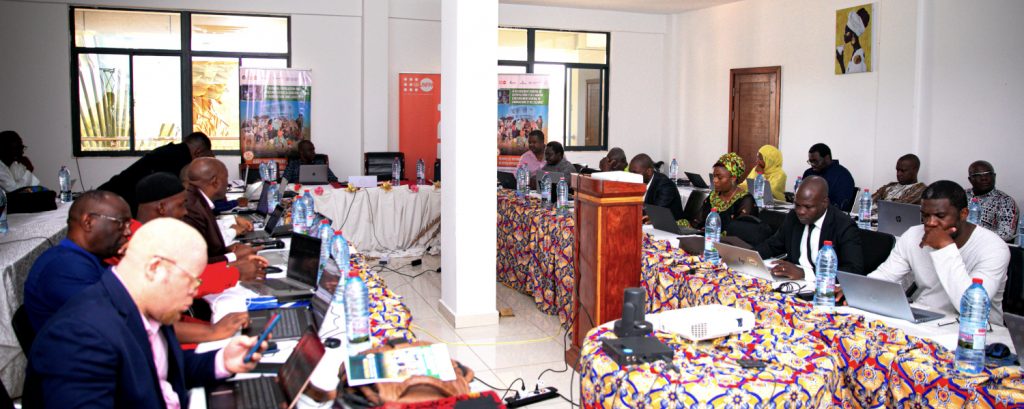Mapping 25 Years of Vaccination Progress in Nigeria: New High-Resolution Insights
At WorldPop, we believe that everyone should count in data – especially the people who are most likely to be missed. That principle is at the heart of a new preprint and open data release we’re excited to share: the most detailed spatiotemporal analysis to date of childhood vaccination coverage in Nigeria, spanning 25 years […]
Mapping 25 Years of Vaccination Progress in Nigeria: New High-Resolution Insights Read More »

